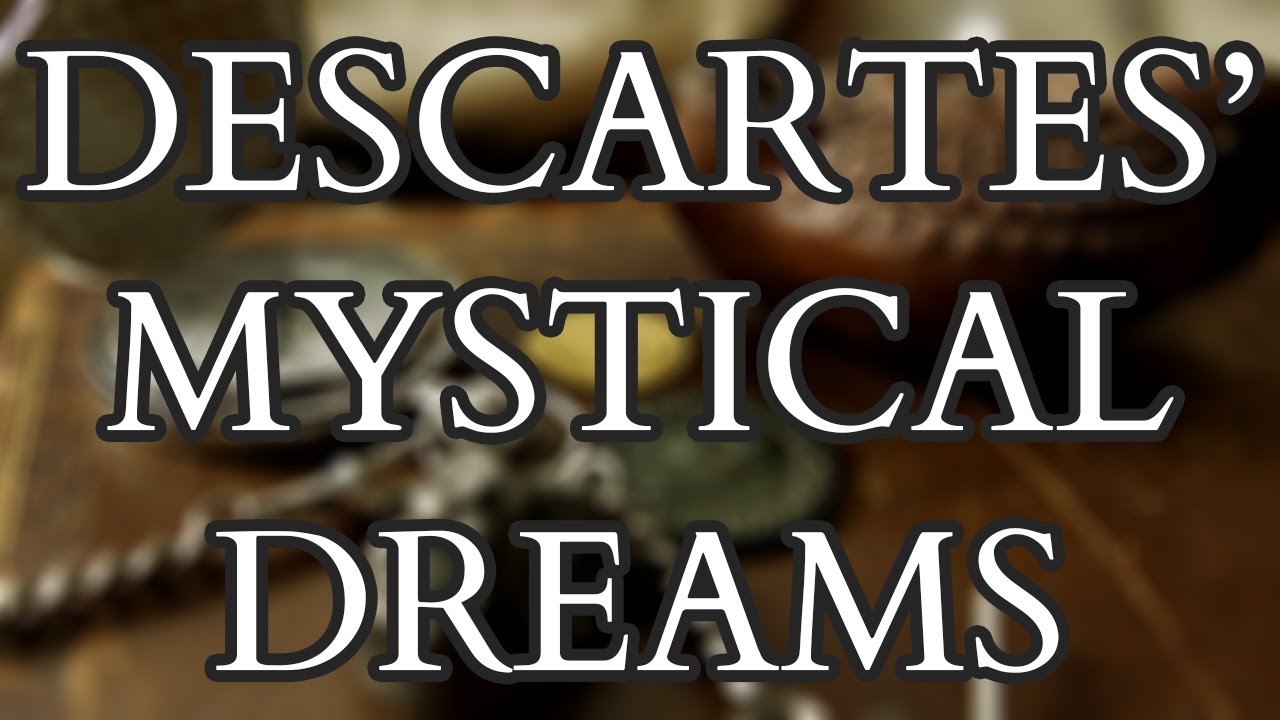The Mystical Dreams Of Descartes - Exploring The Origins Of Rationalism And Modernity
Unleash Your Creative Genius with MuseMind: Your AI-Powered Content Creation Copilot. Try now! 🚀
In the hallowed halls of philosophy, where ideas collide and spark the fires of human understanding, there exists a dynamic interplay between reason and faith. The 17th century bore witness to an intellectual crisis that ignited debates about the relationship between philosophy and religion. At the heart of this turmoil was a question: could philosophy truly stand apart from religion, or did it secretly harbor a shadowy, esoteric side?
Reason and Faith: A Delicate Dance
Philosophy, that ancient pursuit of wisdom, aimed to distinguish itself from religion by championing reason and free thought. In the minds of many, religion was the realm of mystery, faith, and dogma. But in the 17th century, as thinkers grappled with the boundaries of knowledge, the supremacy of reason in philosophy came under suspicion. Was there more to philosophy than met the eye?
Descartes: The Rational Mystic
Enter René Descartes, a name synonymous with rationalism. He embarked on a philosophical journey to unify mathematics, logic, and philosophy, and in doing so, he sought to redefine the very foundations of human knowledge. Yet, beneath the surface of Descartes' rationalism lies a fascinating, enigmatic element – the role of mystical experiences and dreams.
Descartes believed that solid foundations for new scientific ideas were essential to break free from the shackles of Aristotle's failed science. His vision was clear: a rational and logical basis, meticulously vetted by mathematics, was the path to progress. But what makes Descartes truly intriguing is the source of his inspiration – his mystical dreams.
On the night of November 10th through 11th, 1619, Descartes experienced a series of dreams that would change the course of human thought. These dreams, documented in an early biography, followed a period of overwhelming enthusiasm, often tinged with a sense of spiritual possession. He spoke of discovering the foundations of a "wonderful science" in his dreams, yet the precise nature of this science remains shrouded in mystery. In the depths of his slumber, Descartes believed that a genius had stirred his enthusiasm, hinting at the origins of his groundbreaking ideas.
The Rosicrucian Connection
But the intrigue doesn't end there. Descartes' journey into the esoteric world took him down a path less traveled. He crossed paths with Johann Feilhaber, a writer of Rosicrucian-related texts, whose ideas seemed to leave an indelible mark on Descartes. The Rosicrucians, a secretive and mystical fraternity, had piqued Descartes' interest, and the influence of their texts on his pursuit of clear and distinct ideas cannot be ignored.
Descartes' association with the Rosicrucians raised eyebrows and suspicions, even among fellow philosophers like Leibniz. It was as though he had one foot in the rational world and another in the mystical. His dreams, mystical experiences, and Rosicrucian connections all converged to shape his philosophy and intellectual development, ultimately contributing to the foundations of modernity.
Unveiling the Hidden Depths of Philosophy
The story of René Descartes serves as a testament to the multifaceted nature of philosophy. It's not merely a realm of logic and reason but a world where mysticism and the unknown can coexist. In the grand tapestry of human thought, Descartes' dreams and his encounters with the Rosicrucians reveal that philosophy is not a monolithic structure but a living, breathing entity with hidden depths waiting to be explored.
As we delve into the annals of intellectual history, let Descartes be a reminder that the quest for knowledge is an adventure filled with twists and turns. It's a journey where the rational and the mystical can dance together, where dreams can spark revolutions, and where philosophy itself remains an enigma waiting to be unraveled. In this interplay between the known and the unknown, philosophy finds its truest essence – a beacon of curiosity, forever guiding us towards the uncharted territories of human understanding.

Related Recaps
- Nic Claxton | Post-Game Press Conference | Brooklyn Nets vs. Houston Rockets
- How to make your Toyota Last Over 300k Miles without Major Repairs
- Las Vegas Adventure of the Day: Willow Beach, AZ #adventures #fatherson #clarkcounty #lasvegaslife
- Twitch Vod - 13/03/2023 - Atomic Heart
- It's great that fewer people are going to college